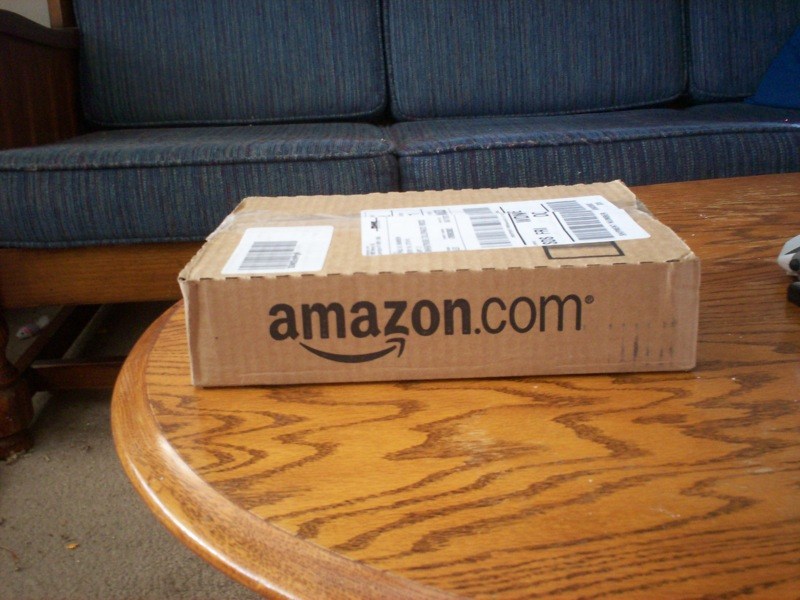It's been decades since big box stores -- and before that, the Sears catalog and the modern supermarket -- first started roiling Main Streets across America. The latest centralized retail behemoth, of course, is Amazon. The online giant is chipping away at the dominance of big box stores, which might warm the hearts of people who watched Walmart and other retailers ruthless suck the life out of walkable downtowns for years on end.
But is it really a good thing? This week, Kea Wilson and Chuck Marohn at Strong Towns offer a point-counterpoint debate over Amazon's impact on the ability to build durable local communities and economies.
Wilson, a former bookseller who has long been skeptical of Amazon, warns that its move to dominate virtually all forms of retail could further chip away at cities and towns. Plenty of wreckage is being left in its wake. For starters, she says, there's the patchwork of sales taxes across the country that often allows the company to undercut local competitors.
Even worse, Amazon is playing cities and towns off each other as it secures tax breaks to locate its massive distribution centers, and the jobs it creates stuffing boxes for delivery are not what you'd call secure.
"One of the items on the Strong Towns strength test that’s particularly meaningful to me is this: 'If your largest employer left town, are you confident the city would survive?'" Wilson writes. "When you globalize that idea a bit, it says something even more vital: that if we want our communities to be strong, we have to think very carefully about the unseen structures upon which we rely, and what we’d do if they failed."
Marohn would rather focus his energy on fixing the game, not the player. The economic system is set up to favor centralization, he says, and Amazon is just the latest mega-company to take advantage. "If you’re intellectually consistent in opposing Amazon, you must also be against a system that gives it overwhelming competitive advantage," Marohn writes. "Stop supporting the centralization of our economy -- political, social and financial -- and you’ll get closer to the outcomes you want."
Amazon actually provides some benefits, Marohn concedes, by reducing personal car trips to big box centers. "I see Amazon as a bridge to something sane," he writes. "Replacing Walmart with Amazon is a radical shift that, if it does nothing else, allows people an opportunity to stay out of their car when consuming."
Meanwhile, the online retail behemoth shows no signs of slowing down in its quest to sell everyone everything through its integrated supply and logistics chain. The Wall Street Journal reported this week that Amazon's autonomous vehicles unit is focused on taking advantage of technological advances to reduce the cost and time required for delivery. Then, of course, there are the Amazon drones.
The conversation is far from over: on Thursday, Strong Towns will release a podcast with Chuck Marohn and Kea Wilson debating the impact of Amazon, and the public is invited to chat on the StrongTowns Slack channel about Amazon at 12:30 p.m. ET.






